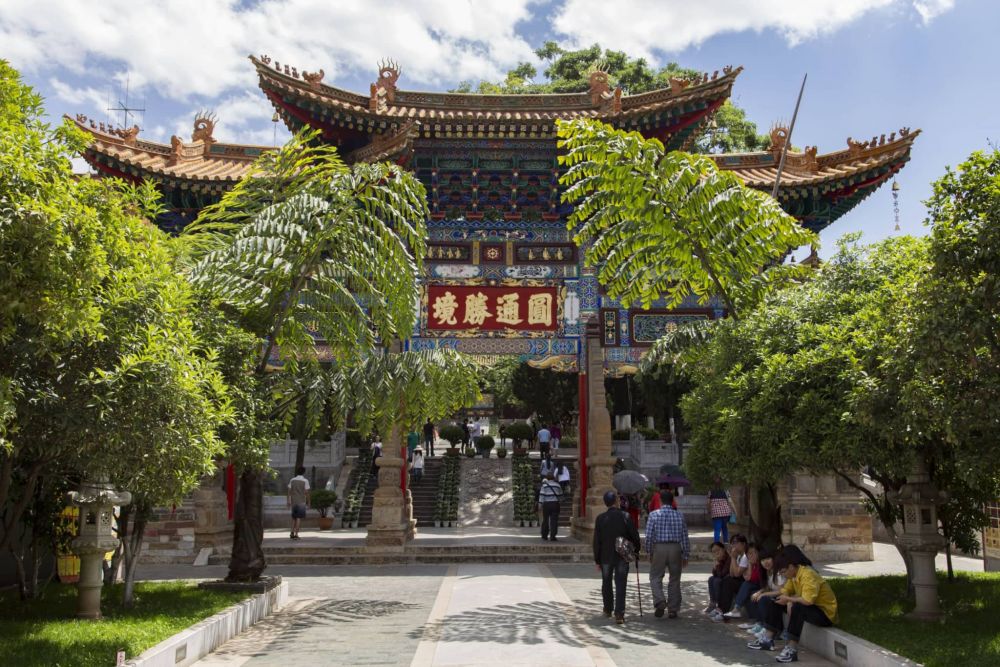

Kunming, the capital and the largest city of Yunnan province in southwest China, has a long and rich tourism history. Known for its pleasant climate, scenic landscapes, and diverse cultures, Kunming has been attracting visitors for many centuries.
Kunming's role as a tourist destination can be traced back to ancient times when it served as a stopover on the Silk Road, facilitating exchange not only in goods but also in knowledge and culture. During the Tang and Song dynacies, Kunming, then known as Yachi, was recognized for its natural beauty and as a place for leisure and relaxation among the Chinese elites.
The modern era of tourism in Kunming began in the early 20th century, with the improvement of transportation infrastructure. The construction of railways and roads during this era made Kunming more accessible to domestic and international travelers.
With the establishment of the People's Republic of China in 1949, there was a renewed focus on developing the tourism sector. However, it wasn't until the reform and opening-up policies of the 1980s that Kunming's tourism industry experienced significant growth.
The city has several UNESCO World Heritage Sites that have contributed to its popularity. The Stone Forest (Shilin), a magnificent set of limestone formations approximately 90 kilometers from Kunming, was inscribed on the UNESCO World Heritage List in 2007, solidifying Kunming's status as a top tourist destination in China.
Historically significant temples, such as the Yuántōng Temple, which dates back 1,200 years, have played a crucial role in promoting cultural tourism. Kunming's convergence of ethnic groups, including the Yi, Bai, and Hani, adds a vibrant cultural dimension to its tourism appeal.
In recent times, Kunming has seen an evolution in its tourism industry. The city has been leveraging its geographical diversity and favorable climate to promote various forms of tourism, such as eco-tourism, adventure tourism, and health and wellness tourism.
Green Lake Park (Cui Hu) and Dian Lake (Diānchí) have become central to Kunming's identity as the "City of Eternal Spring," attracting tourists interested in natural beauty and mild weather throughout the year.
New tourism trends, such as smart tourism, have emerged with the advent of digital and mobile technologies. Kunming is adopting smart systems to enhance visitors' experience by providing real-time information, interactive guides, and seamless connectivity.
Like many tourist destinations globally, Kunming's tourism industry has faced challenges due to global events such as the COVID-19 pandemic, which led to temporary declines in international travel. However, the city has been quick to adapt, promoting domestic tourism and ensuring health and safety protocols to reassure travelers.
From its origins as an ancient stopover city to a modern hub of cultural and ecological exploration, Kunming has developed a unique and compelling tourism narrative. As it continues to adapt to the latest trends in the travel industry, Kunming is likely to retain and enhance its allure for both domestic and international tourists.